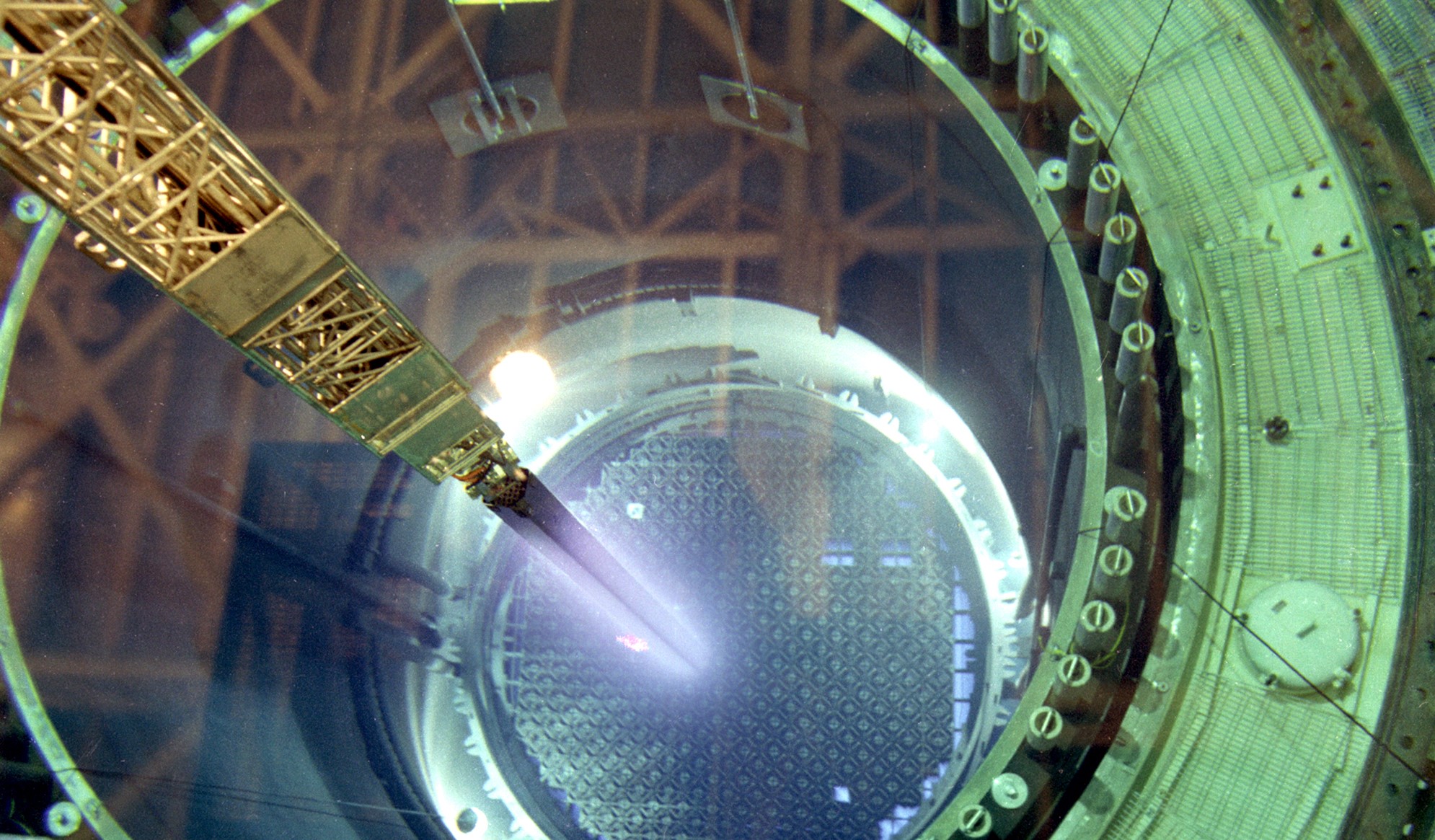Nuclear power plants are thermal plants. They use heat produced by nuclear fission to convert water into high-pressure steam. The steam drives a turbine generator to make electricity.
The 93 nuclear reactors in the United States produce 18% of the nation’s electricity. Nuclear energy is the only large-scale, carbon-free electricity source that the country can widely expand to produce large amounts of electricity.

Nuclear power plants prevent the release of significant quantities of emissions that would be created by burning fossil fuels to generate the same amount of electricity. The current fleet of U.S. nuclear power plants eliminates the release of about 1 million short tons of nitrogen oxides and 2.7 million short tons of sulfur dioxide – pollutants controlled under the Clean Air Act – each year.
They also prevent the emission of nearly 700 million metric tons of carbon dioxide each year; an amount nearly equal to that released from all U.S. passenger cars. The amount of nitrogen oxide emissions nuclear plants prevent annually is the equivalent of taking more than 47 million passenger cars off the road.
The uranium-based fuel pellets (about the size of a finger-tip) are a remarkable energy source. Fuel rods filled with uranium fuel pellets remain in the reactor providing power for a full six years before being traded out for fresh fuel. About one-third of the fuel rods are replaced every two years.
After those six years, the fuel still retains more than 95 percent of its energy potential. Unlocking that potential will dramatically reduce the amount of used nuclear fuel requiring long-term storage and will minimize the need for additional mining and new fuel manufacturing.
The technology for recycling used nuclear fuel is well understood and used widely throughout the world; except in the United States. Government recognition and acceptance of the safety and efficiency of recycling used fuel will be an important next step for the nuclear power industry and the benefit of power consumers nationwide.
Learn more:
Columbia Generating Station
Nuclear Energy Institute
U.S. Energy Information Administration
Department of Energy Office of Nuclear Energy